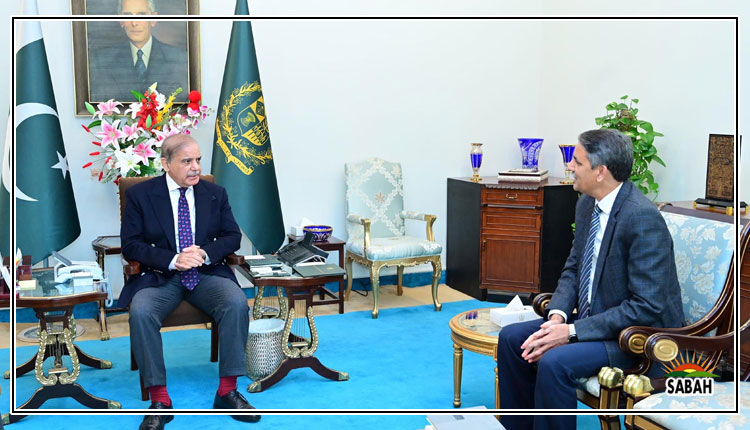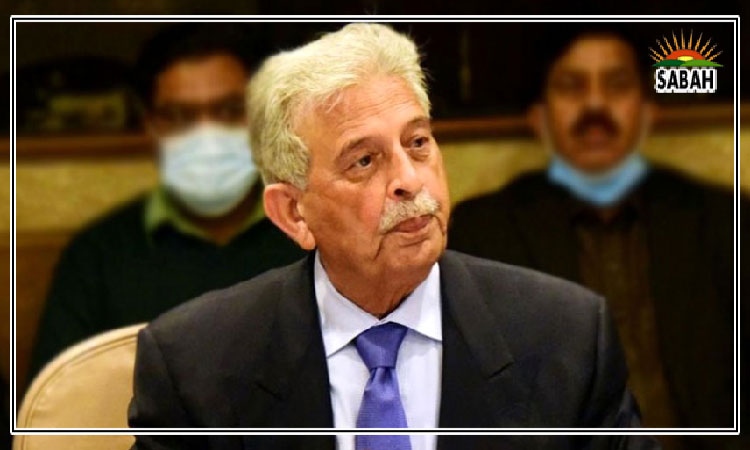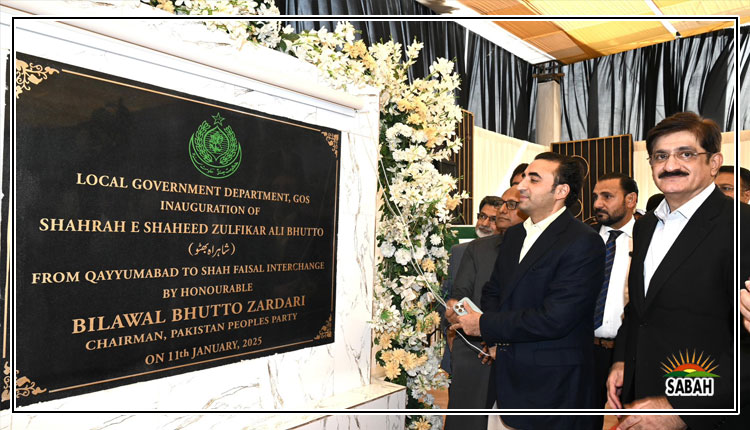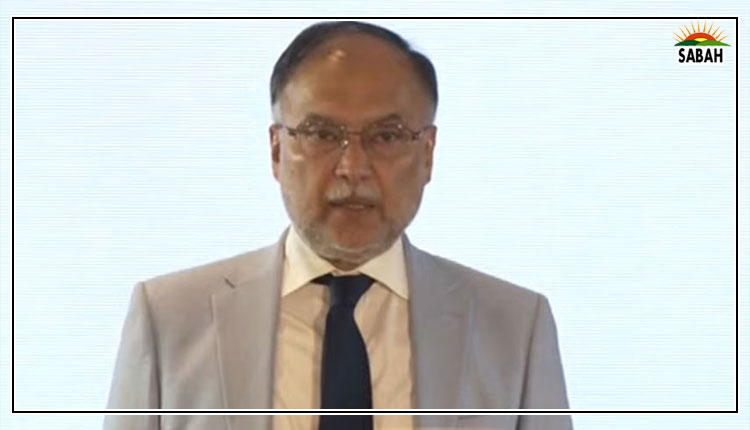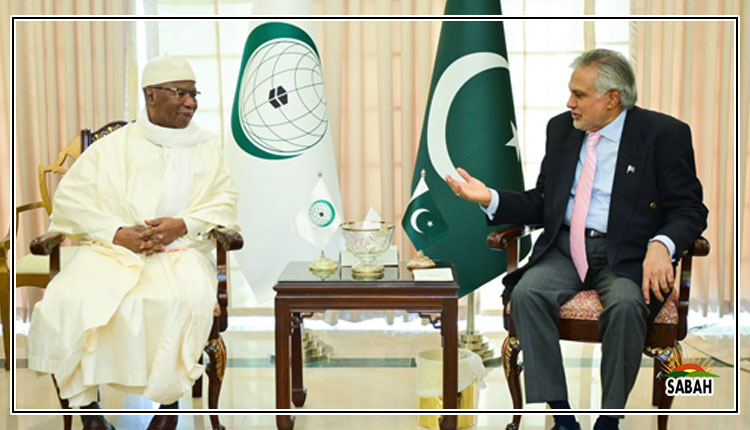Lack of focus on real issues…Dr Moonis Ahmar
Pakistan has long been lacking a leadership that can focus on remedying its fragile economy, political malaise, bad governance, etc to transform the country into a successful model of development. A lack of focus to deal with issues that pose serious challenges to the country is a major problem for the 240 million people of this country.
One can quote innumerable examples to prove that countries where the leadership has a focus on ameliorating the lives of their people are role models. The focus of Japan and Germany, the two defeated powers of WW-II, was on utilising the positives to move on and emerge as worlds second and third largest economies within a span of four decades. Likewise, China, India, Singapore and the UAE prioritised seeking excellence in industrialisation, modernisation of infrastructure, GDP, per capita income, foreign exchange reserves, educational standards, research and development to lead to good quality of life for their people.
Where Pakistan is standing today is not difficult to gauge. Barring minor achievement like reduction in the balance-of-payments gap, there has been no success over the last one year as regards controlling inflation and poverty, raising foreign exchange reserves and tackling foreign debt. Poor performance in sports, education, R&D and human security like access to clean and safe drinking water, better health, housing, transport reflects the fragility of the leadership in focusing on areas which can augment the quality of life of people.
When the powers-that-be only focus on bringing favourites to the helm, one cannot expect anything else that political instability, economic degeneration, worsened governance, lack of ethics and the absence of the rule of law.
Why does a 76-year-old Pakistan lack focus on human and social development? What has been the price of the lack of focus on democracy, viable justice system, political pluralism, good governance and rule of law? How can there be a shift of focus to issues which can ensure a viable political process and raise the life standard of people? These are the questions that are being raised in the prevailing political situation in the country at a time when the general elections are just a month away. The absence of brainstorming in civil society, academia and political parties on the fallout of state-sponsored narrative can be counterproductive. When more than 20 million children are out of school and more than half the youths are disappointed enough to leave the country for better future, it reflects lack of imagination and vision to focus on issues that tend to deepen the countrys fragility in the realm of human security.
Why there is lack of focus and how Pakistans leadership can concentrate on battering things require proper brainstorming from three angles.
First of all, feudal, tribal, authoritarian and corrupt tendencies prevent the leadership from focussing on issues to transform Pakistan into a role model in the areas of human development, good governance, the rule of law, accountability, democracy, political pluralism, religious tolerance, etc. When the focus of state is to maintain the status quo, it is bound to cause a surge in anger and antagonism. Unlike in 1971 and 1977 when the country suffered political upheavals, in 2024 the situation on the ground is different mainly because of social media which is shaping peoples perceptions on the various issues. Despite being in possession of instruments of power, state has its limitations in influencing the will of people. Faced with multiple serious crises domestically and externally, the state needs to focus on: economy, governance, rule of law, human security and a level-playing field in the political arena. Instead of pursuing biases on political matters, state must focus on holding free, fair and transparent elections and transferring power to elected representatives so that a future government empowered with legitimacy can take effective measures in dealing with issues that threaten the very foundations of the country.
Second, there should be focus on adherence to merit and eradicating commercialisation of education by providing fee, compulsory and quality education to all. Investing at least 10% of GDP on education instead of the current 1.7% and ensuring proper utilisation of resources will help empower youth as well as vulnerable segments of society. When merit is compromised and the culture of corruption and nepotism is acceptable, a country cannot succeed in seeking excellence in education, R&D and human and social development. One can cite the example of Germany where every political party, having a certain percentage of representation in parliament (Bundestag), has a foundation which gets state funding. Such foundations representing political parties have offices all over the world which project Germanys foreign and domestic policy interests thus strengthening the image of the country. It is because of German leaderships vision and planning that foundations representing political parties focus on projecting their countrys interests abroad rather than patronising a handful of political figures.
Third, it is not only state which has a responsibility of focusing on critical issues, but the society also has a role in this regard. Human security and social development, education, research, good governance, rule of law and poverty alleviation cannot be ensured without the contribution of social actors like media, academia, workers, students and different segments of intelligentsia. Pakistan can emerge as a successful model of development, democracy, governance and rule of law if its leadership, both at state and societal level, focuses on improving things instead of augmenting the culture of corruption and nepotism.
Only a leadership that possesses ownership, integrity, hardwork and intelligence can focus on the aforementioned issues to transform Pakistan into a model society. If institutions representing bureaucracy, judiciary, military, education, economy and parliament focus on their mandated jobs, most of the issues facing the people of Pakistan will be resolved.
Courtesy The Express Tribune



